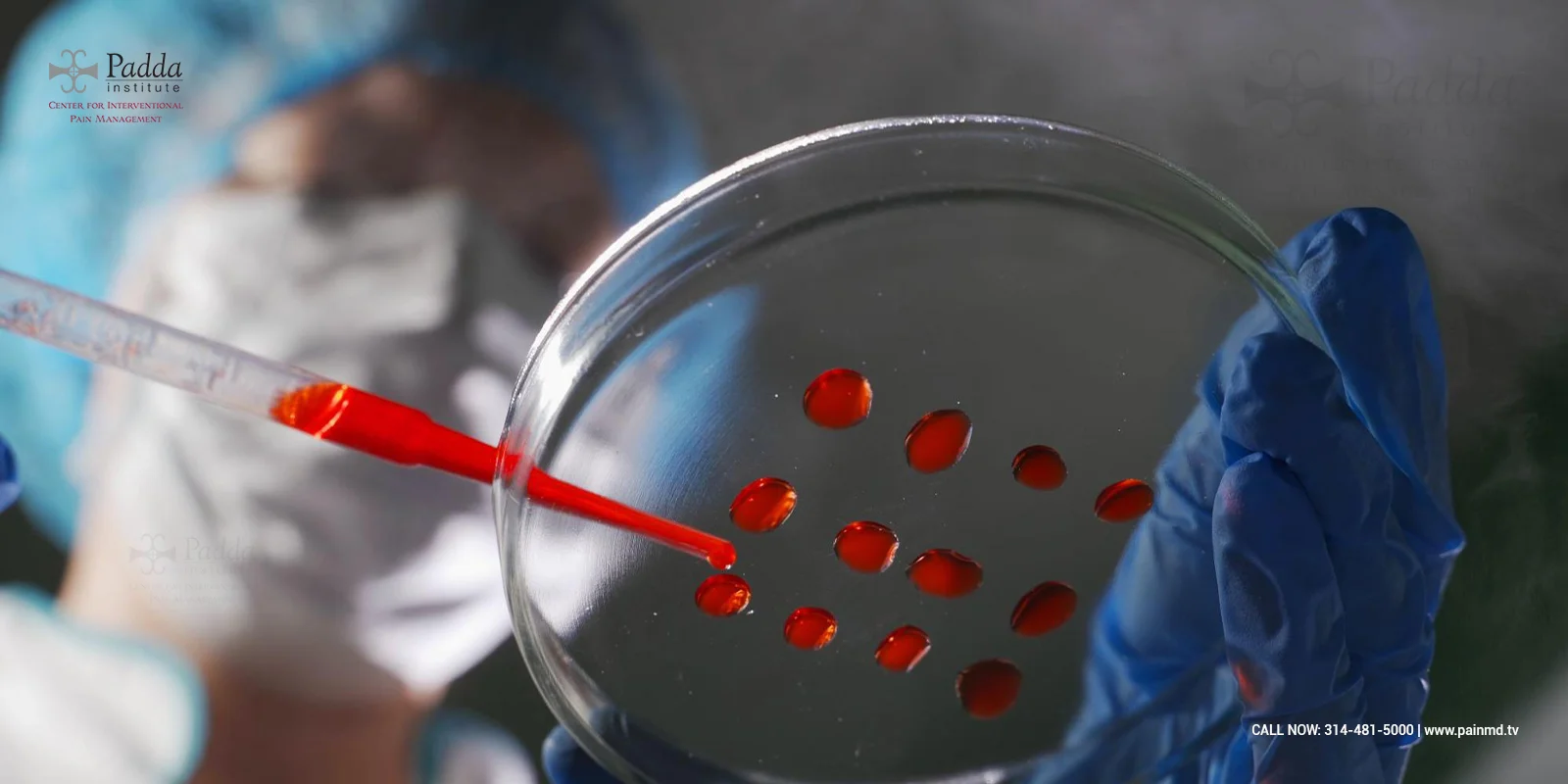Inflammation is a defensive reaction, but an excessive inflammatory response does more damage than good. It appears that neutrophils, the most abundant white blood cells, are significantly responsible for harmful inflammation. However, suppressing their activity is not an option as it would also result in lower immunity. However, researchers at Scripps Research have now identified a molecule machine called WASH that plays an important role in regulating excessive neutrophil activity. Future drugs targeting WASH may help prevent harmful inflammation.
Inflammation is a defensive reaction that helps fight infections and promote tissue regeneration. However, excessive or uncontrolled inflammation causes more harm than good. Thus, excessive inflammation causes arthritis, sepsis, and other health issues. In addition, chronic low-grade and uncontrolled inflammation causes coronary artery disease.
Though there are many drugs to control inflammation, they have many drawbacks. Medications like NSAIDs fail to help in many cases. For example, they might not help sufficiently in arthritis and may fail completely in sepsis or even low-grade chronic inflammation.
Corticosteroids are more potent anti-inflammatory agents, but they suppress all kinds of inflammation and even immune activity. Thus, prolonged corticosteroid use causes more harm than good. Hence, there is a need to find medications that target bad inflammation selectively. It seems that researchers at Scripps Research have found a way of doing so. They have developed a better understanding of harmful inflammation. They even identified proteins that can lower harmful inflammation.
Chronic pain can greatly reduce one’s quality of life. Two types of chronic pain that are especially difficult to manage are complex regional pain syndrome treatment and sciatica. However, with advancements in modern medicine, effective treatments are now available for complex regional pain syndrome and sciatica pain.
In the study published in Nature Communications in September 2022, researchers from Scripps Research demonstrated that a multi-protein molecule machine, which they named WASH, can help suppress harmful pain by suppressing excessive neutrophil activity. Neutrophils are the most abundant white blood cells. Thus, they also play an important role in fighting infections and inflammation. Whey can engulf microbes and destroy them. To do this, they release various chemicals in the process through exocytosis. The researchers found that sometimes neutrophils release excessive amounts of chemicals during exocytosis, thus causing much harm.
This excessive inflammatory response by neutrophils causes severe organ damage in conditions like systemic infections. Such kind of faulty immune response is responsible for heart attacks and stroke, as it leads to atherosclerosis. However, suppressing neutrophil activity is not the way of countering bad inflammation, as this would also suppress immunity. Therefore, researchers tried to identify the exact mechanism underlying this excessive inflammatory response.
In the new study, researchers at Scripps found that when neutrophil encounters infection or inflammation, they initially respond by releasing “gelatinase granules.” This initial response is mild and quite good for fighting infections or promoting tissue regeneration. However, after this initial response, they initiate a second, more severe response, especially if the initial response fails to overcome infections. This second response involves the release of “azurophilic granules.” It appears that this second response is responsible for much tissue damage.
However, the body has its mechanism of suppressing azurophilic granule response with the help of the molecular machine WASH. It also means that excessive or harmful inflammation occurs due to low activity levels of WASH, which results in neutrophil dysfunction. Hence, the focus of inflammatory therapy must be WASH and not neutrophils. These findings open doors for finding safer and more effective anti-inflammatory drugs that would be good for both acute and chronic inflammation. Medications targeting WASH would not only help in arthritis; such therapy may even help reduce the risk of health issues caused by chronic inflammation, like a coronary vascular disease.
At present, researchers have not identified any drug that could regulate the activity of WASH. Nonetheless, it is a matter of time. Thus, in the near future, we may see the introduction of safer, more effective, and completely new kinds of anti-inflammatory drugs.




